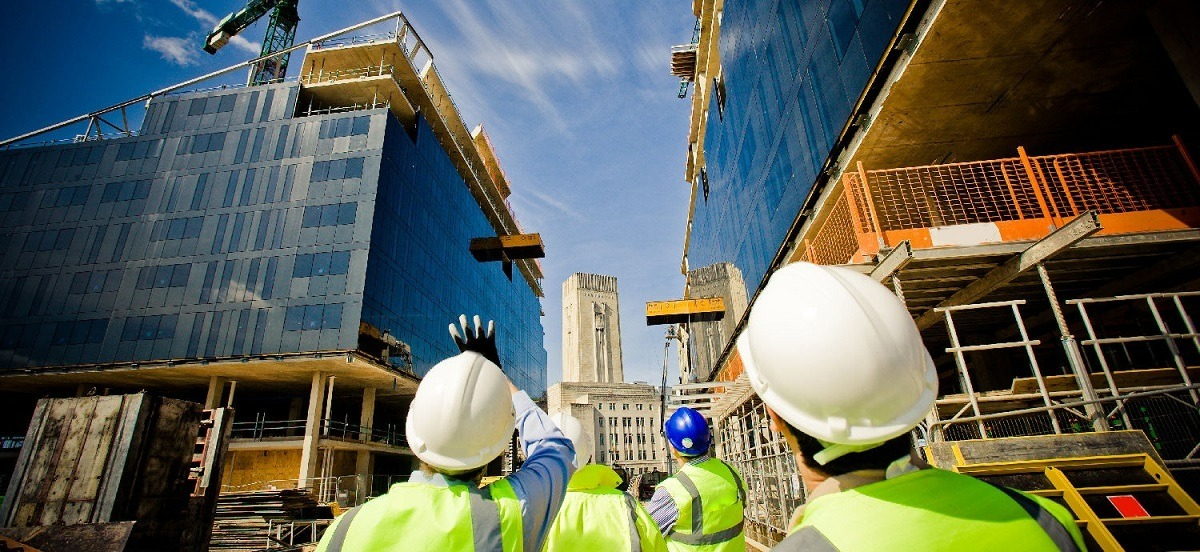The Art Of Project Management In Construction
Project management is a critical aspect of the construction industry, as it helps ensure that projects are completed on time, within budget, and to the required quality standards. The art of project management in construction involves combining technical skills with a range of other competencies, including communication, leadership, and problem-solving. In this article, we will explore the key components of effective project management in the construction of Dubai new building projects and how they can help to ensure successful project outcomes.
Defining project objectives and scope:
The first step in effective project management is clearly defining the project objectives and scope. This includes determining the project budget, schedule, and required quality standards. Once these objectives have been established, the project manager can develop a plan for achieving them and allocate resources accordingly.
Effective communication:
Effective communication is a critical component of project management in construction. The project manager must be able to communicate the project objectives, progress, and any changes to all stakeholders, including the project team, clients, and subcontractors. Good communication helps ensure everyone is on the same page, reducing the risk of misunderstandings and delays.
Risk management:
Risk management is an important part of project management in construction, as construction projects are inherently complex and carry a high degree of risk. The project manager must identify potential risks, assess their impact, and develop a plan for mitigating or avoiding them. This includes developing contingency plans for unexpected events, such as changes in project scope, delays, or budget overruns.
Leadership and team management:
Leadership and team management are key competencies for project managers in construction. The project manager must lead and motivate the project team to achieve the project objectives and maintain a positive working environment. This includes providing clear direction, setting expectations, and providing regular feedback to the team. The project manager must also have the ability to resolve conflicts and make tough decisions when necessary.
Monitoring and control:
Monitoring and control are crucial components of project management in construction, as they help ensure that the project stays on track and within budget. The project manager must regularly monitor the project’s progress and make adjustments as necessary. This includes monitoring the project budget, schedule, and quality standards and taking corrective action if the project deviates from the plan.



